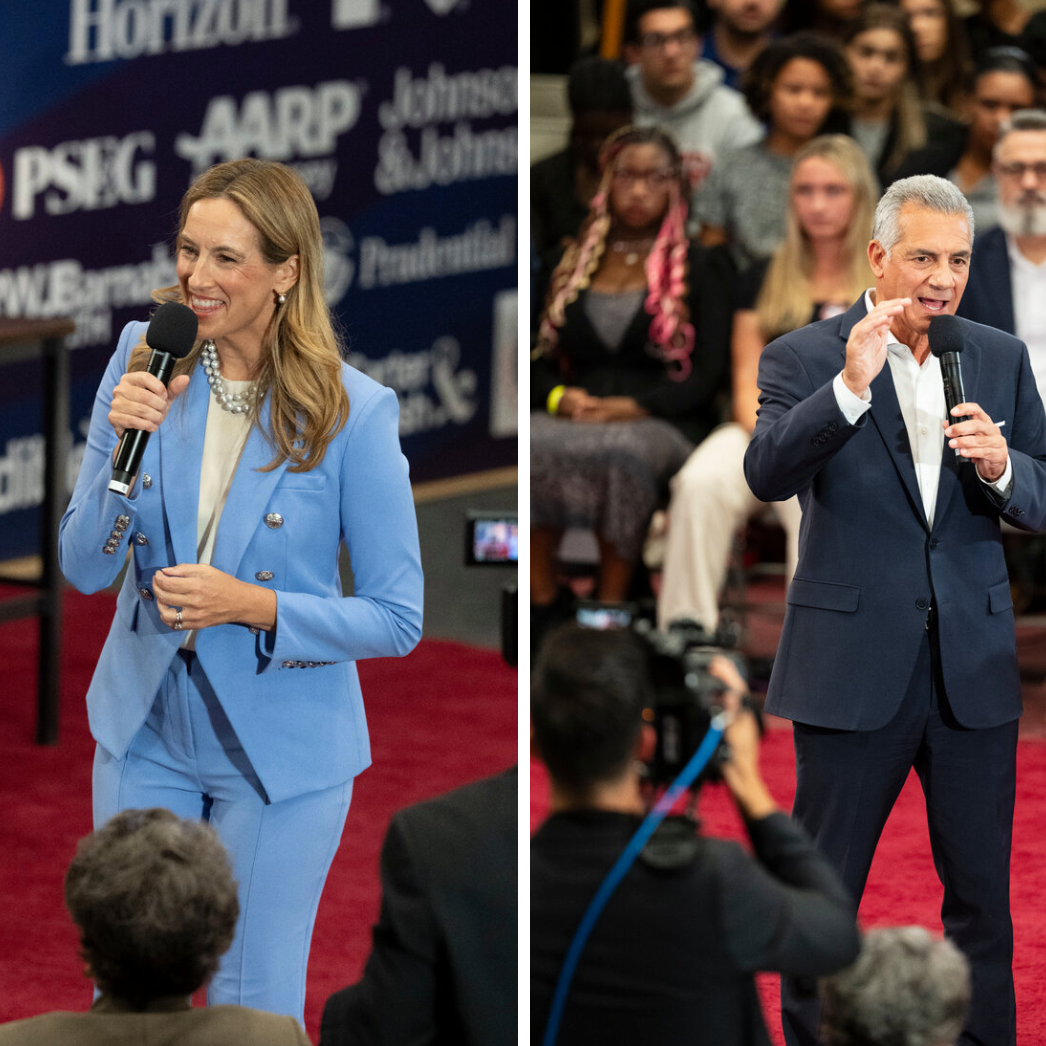U.S.-Russian Draft Peace Plan Calls for Major Concessions from Ukraine
Background and timing
Amid renewed diplomatic overtures by the Trump administration, a 28‑point proposal jointly crafted by Washington and Moscow has been tabled in an effort to revive stalled negotiations over the conflict in Ukraine. The plan emerges at a moment when both sides are under pressure to demonstrate progress on a political solution.
Main demands of the proposal
The document outlines several stipulations that Kyiv has historically dismissed as “non‑starters.” Among the most contentious are:
- Territorial concessions: Ukraine would be required to relinquish control of parts of the Donetsk and Luhansk regions, as well as the strategically vital Crimean Peninsula.
- Military reductions: The Ukrainian armed forces would have to cut their overall troop numbers and limit the deployment of heavy weaponry near the front lines.
- Neutrality clause: Kyiv would be asked to adopt a permanent neutral status, prohibiting any future alliance with NATO or participation in collective defense arrangements.
Reactions from Kyiv and the international community
Ukrainian officials have categorically rejected the proposal, labeling the territorial and military demands as unacceptable and contrary to the country’s sovereignty. Western allies echoed these concerns, warning that any peace framework that forces Ukraine to cede land undermines the principle of a just and lasting settlement.
Potential implications
If the United States and Russia were to push the plan forward without Ukraine’s consent, it could further isolate Kyiv and complicate diplomatic efforts. Conversely, proponents argue that a bold proposal might create a starting point for dialogue, even if significant revisions are needed.
Next steps
The Trump administration has indicated that it will continue to shuttle between Washington and Moscow to refine the draft, while urging Kyiv to engage in “constructive talks.” The coming weeks are likely to determine whether the 28‑point outline will evolve into a viable peace framework or remain a diplomatic dead end.






